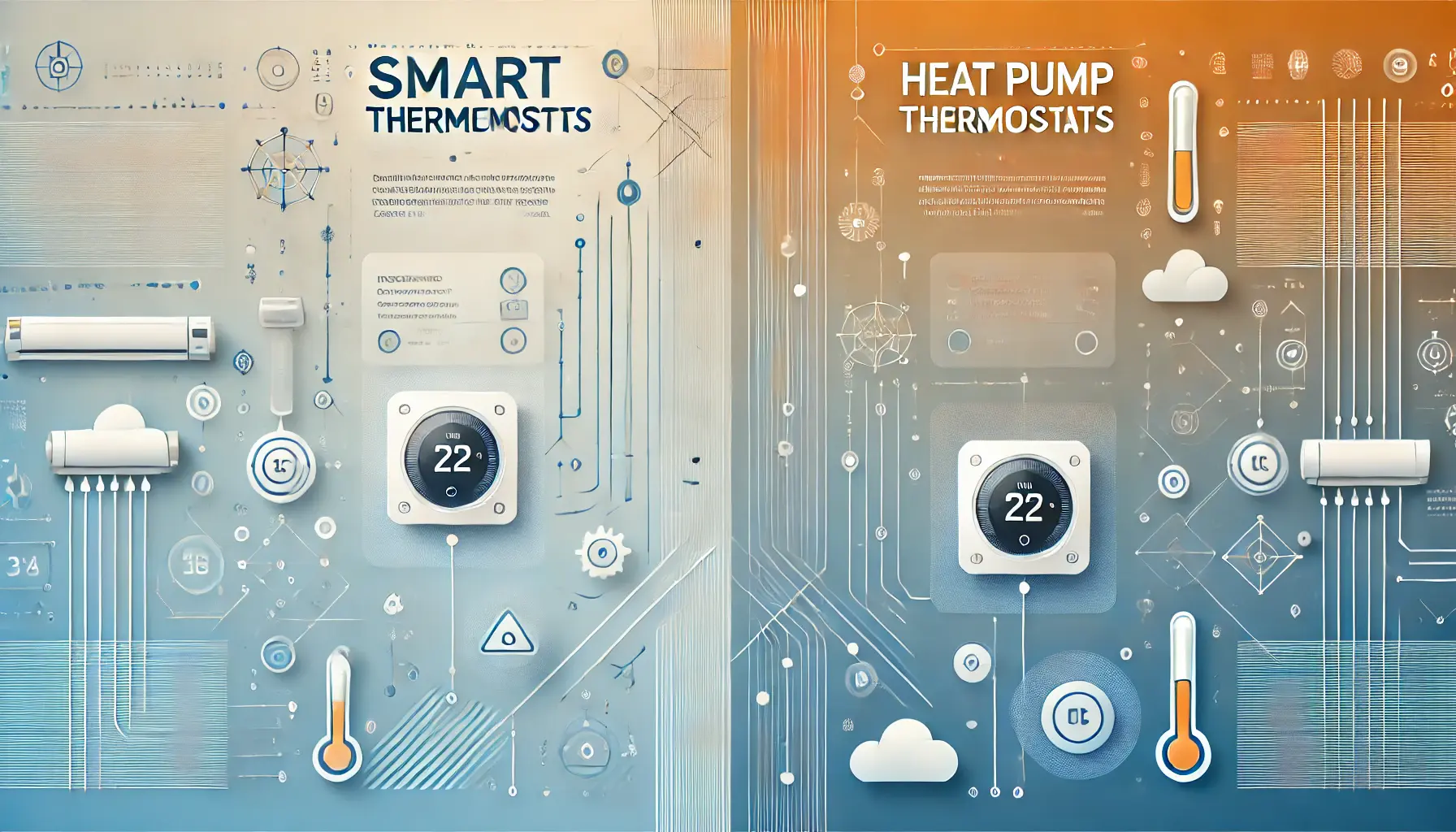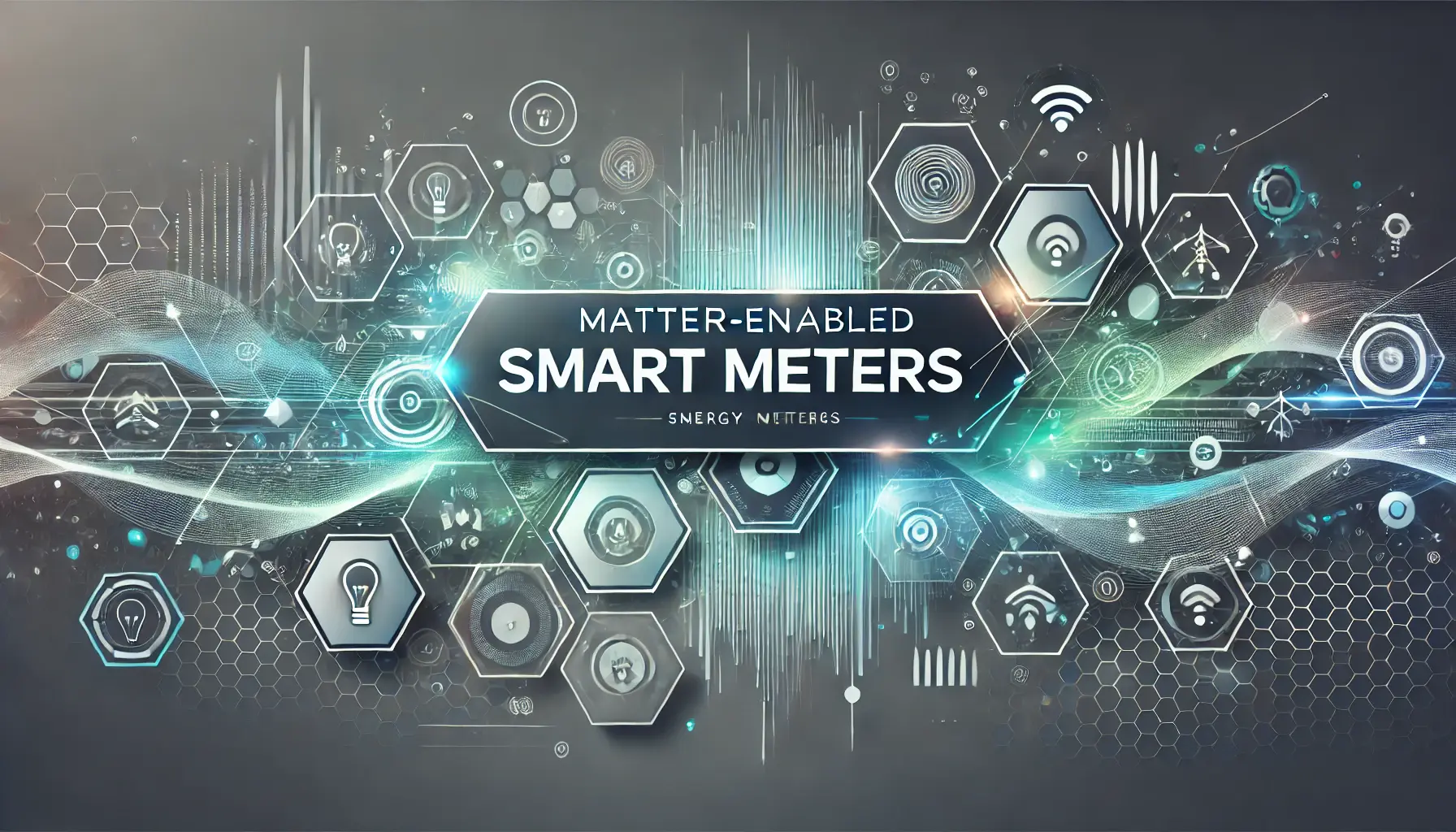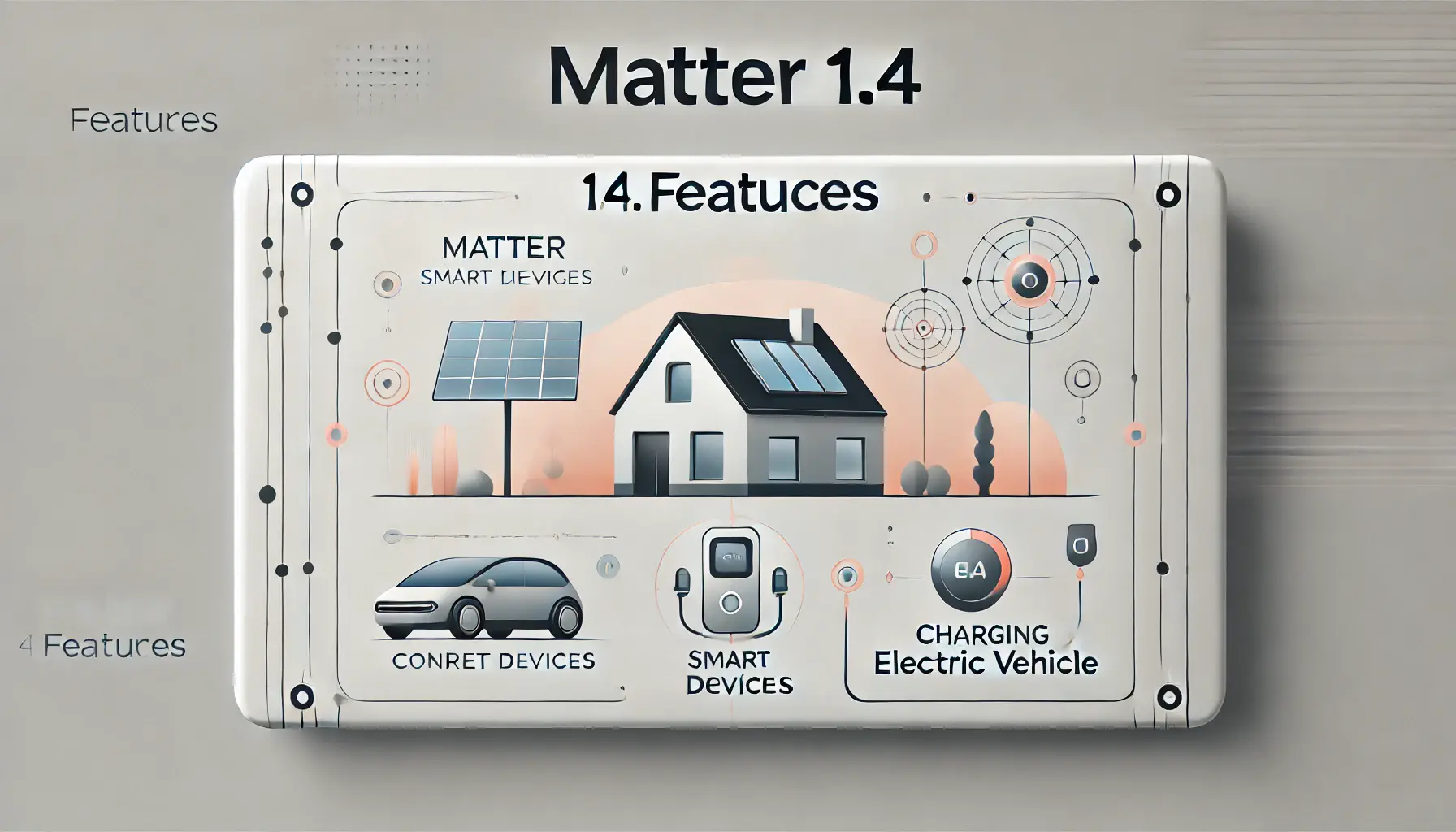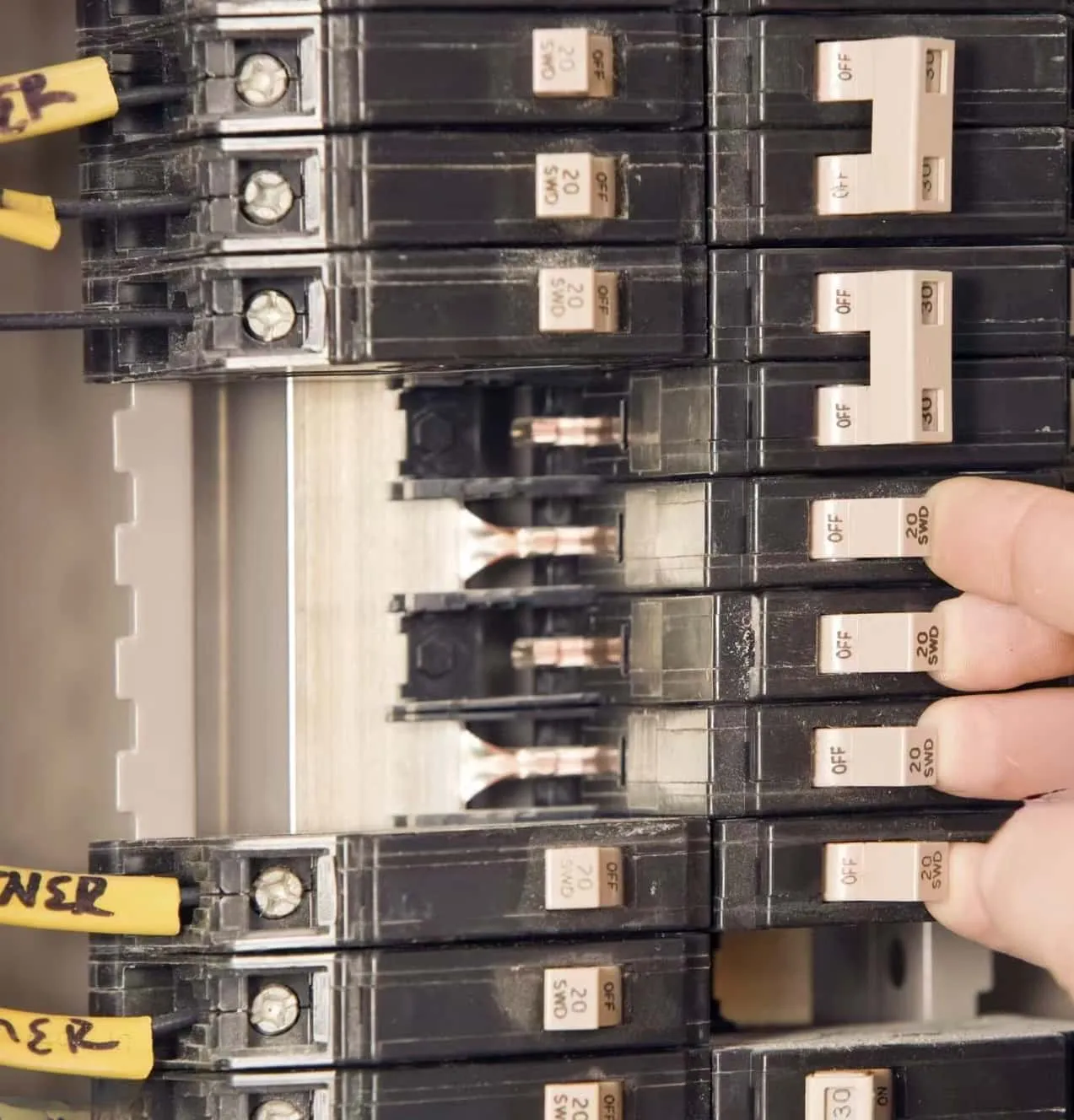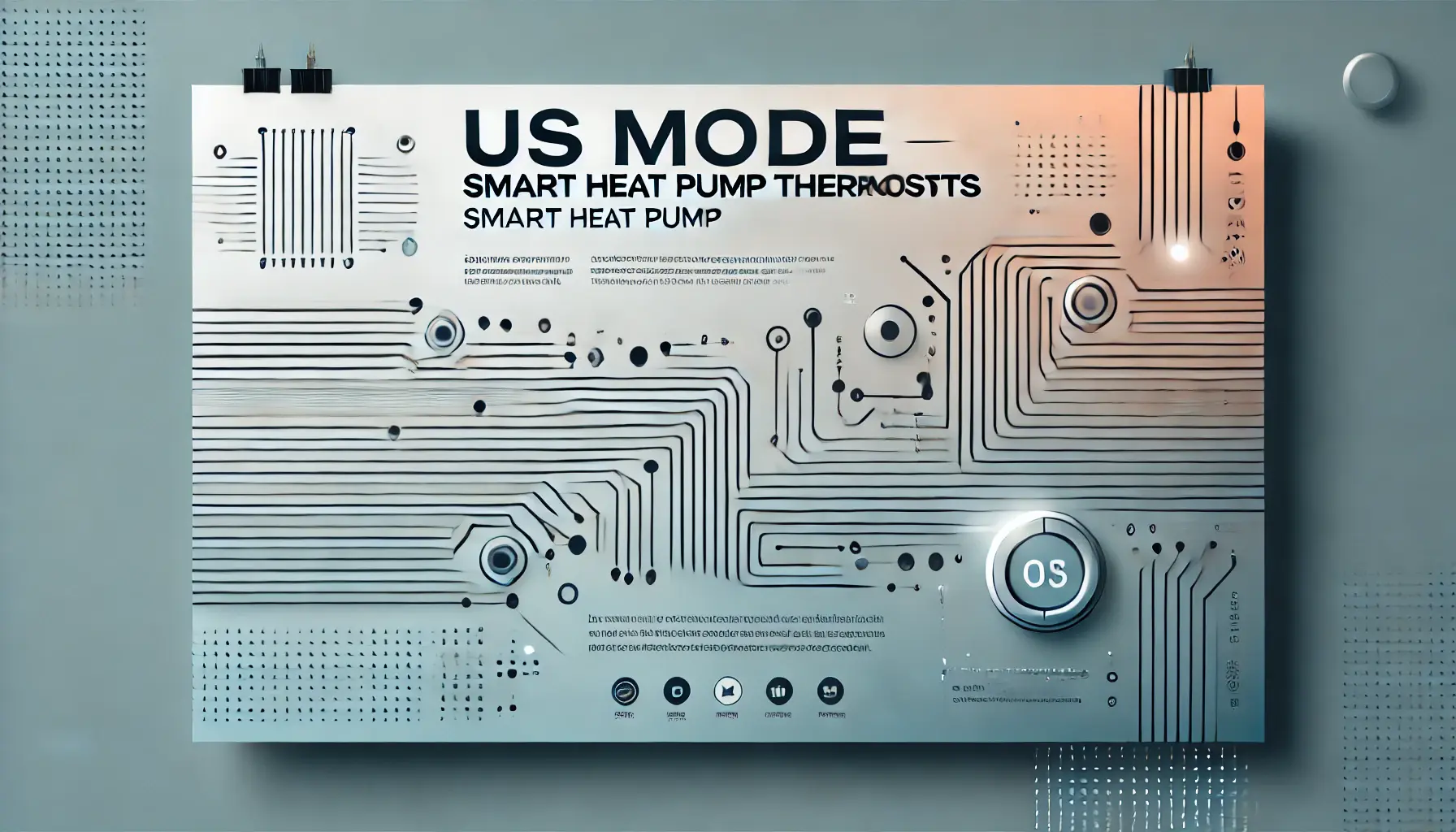
在美国,智能热泵恒温器and标准恒温器differ significantly in terms of the devices they interface with and the methods of connection. These differences arise from the distinct operating principles of heat pump systems and traditional HVAC (heating, ventilation, and air conditioning) systems. Below is a detailed comparison of their interfacing devices and connection methods.
1. 热泵温控器控制的设备
Heat pump systems are dual-purpose, highly efficient devices used for both heating and cooling. Their unique requirements determine the interface methods of heat pump thermostats.
常见的热泵设备
室外机(热交换器)
- 负责热传递并通过专用电缆连接。
- 恒温器必须支持加热和冷却模式之间的自动切换。
辅助加热装置(例如电热带)
- 在极冷天气下使用,此时热泵效率会下降。
- Heat pump thermostats require an “Emergency Heat” function to control these auxiliary devices.
换向阀
- 控制加热和冷却模式之间的切换。
- Thermostats must support O/B terminals to manage the reversing valve logic (heating default or cooling default).
风扇(空气处理器)
- 确保适当的空气流通并通过 G 终端进行控制。
连接方法
| 终端名称 | 功能 | 热泵专用 |
|---|---|---|
| R | 电源(24VAC) | 与标准恒温器共享 |
| C | 公共线(用于为智能设备供电) | 与标准恒温器共享 |
| Y1/Y2 | 压缩机控制(第一阶段/第二阶段) | 用于加热和冷却 |
| O/B | 换向阀控制 | 专用于热泵模式切换 |
| G | 风扇控制 | 与标准恒温器共享 |
| E/AUX | 辅助热控制 | 专用于紧急供暖的热泵 |
2. 标准温控器控制的设备
Standard thermostats are typically used for traditional HVAC systems, such as furnaces and air conditioners. These systems do not include reversing valves or auxiliary heat devices, resulting in simpler connection methods.
常见的暖通空调设备
炉
- 提供供暖,通常由燃气或电力驱动。
- 恒温器通过 W 端子控制加热过程。
空调
- 提供冷却,由压缩机提供动力。
- 由 Y 端子控制冷却循环。
Fan
- 循环空气,使用与热泵系统相同的 G 端子。
连接方法
| 终端名称 | 功能 | HVAC 特定用途 |
|---|---|---|
| R | 电源(24VAC) | 与热泵恒温器共享 |
| C | 公共线(用于为智能设备供电) | 与热泵恒温器共享 |
| Y1/Y2 | 压缩机控制(第一阶段/第二阶段) | 仅用于冷却 |
| W1/W2 | 炉子加热控制 | 特定于 HVAC 系统 |
| G | 风扇控制 | 与热泵恒温器共享 |
3. 智能恒温器如何兼容两种系统
自动检测功能
大多数智能恒温器,例如Nest 恒温器andEcobee 智能恒温器, support both heat pump and HVAC systems. They can automatically detect the type of system based on the wiring configuration.
- Grus 恒温器: Supports O/B terminal logic configuration and automatically recognizes the reversing valve setup for heat pumps.
- Ecobee 恒温器: Supports up to 4 heating stages and 2 cooling stages, allowing it to manage both heat pumps and auxiliary heating.
安装注意事项
- 系统类型识别:选择与您的加热/冷却系统(热泵或 HVAC)兼容的智能恒温器。
- 接线要求:确保现有接线包含为智能功能供电所需的端子(例如 C 线)。
- 换向阀配置:对于热泵系统,手动或通过自动检测配置O/B端子。
4. 热泵与标准 HVAC 温控器的用例比较
| 特征 | 热泵恒温器 | 标准恒温器 |
|---|---|---|
| 主要目的 | 通过热传递进行加热和冷却 | 通过热量/冷却产生来加热或冷却 |
| 适用系统 | 热泵系统(带辅助加热) | 燃气炉、电炉、空调系统 |
| 辅助热支持 | 支持(通过 E 或 AUX 端子) | 不支持 |
| 换向阀控制 | 需要 O/B 端子 | 不要求 |
| 智能兼容性 | 智能热泵恒温器(例如 Nest、Ecobee) | 智能 HVAC 恒温器(例如 Honeywell、Sensi) |
5. 为什么选择智能热泵温控器
更广泛的兼容性
- Supports reversing valves, auxiliary heating, fans, and other functions, making it ideal for complex heat pump systems.
- 还兼容标准 HVAC 系统,确保未来升级的灵活性。
能源优化
- Smart thermostats optimize efficiency by learning user habits, scheduling operations, and monitoring energy consumption.
- 生态模式等功能可降低加热和冷却成本。
远程控制与智能集成
- Whether for heat pump or HVAC systems, smart thermostats offer remote control, voice commands, and automation settings, making home temperature management effortless.
By understanding the differences in devices and interface methods between heat pump and standard HVAC thermostats, you can make an informed decision when choosing the right thermostat for your system. Ensuring compatibility and proper wiring will guarantee optimal performance and a comfortable home environment.
